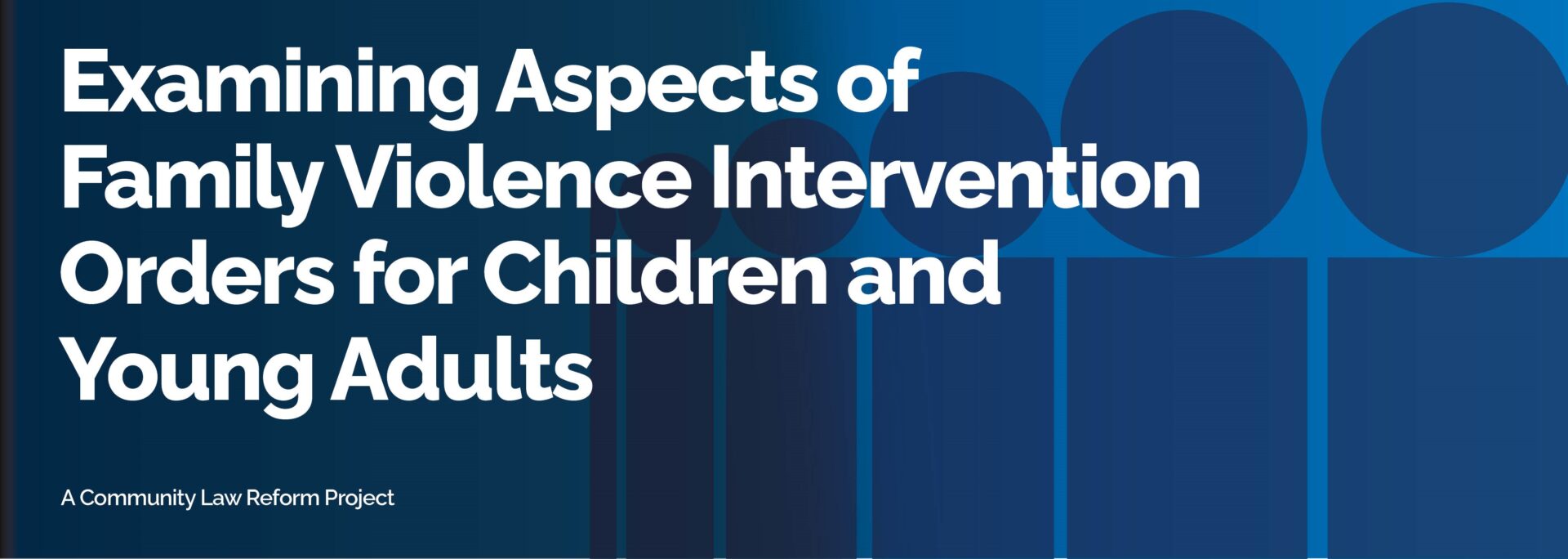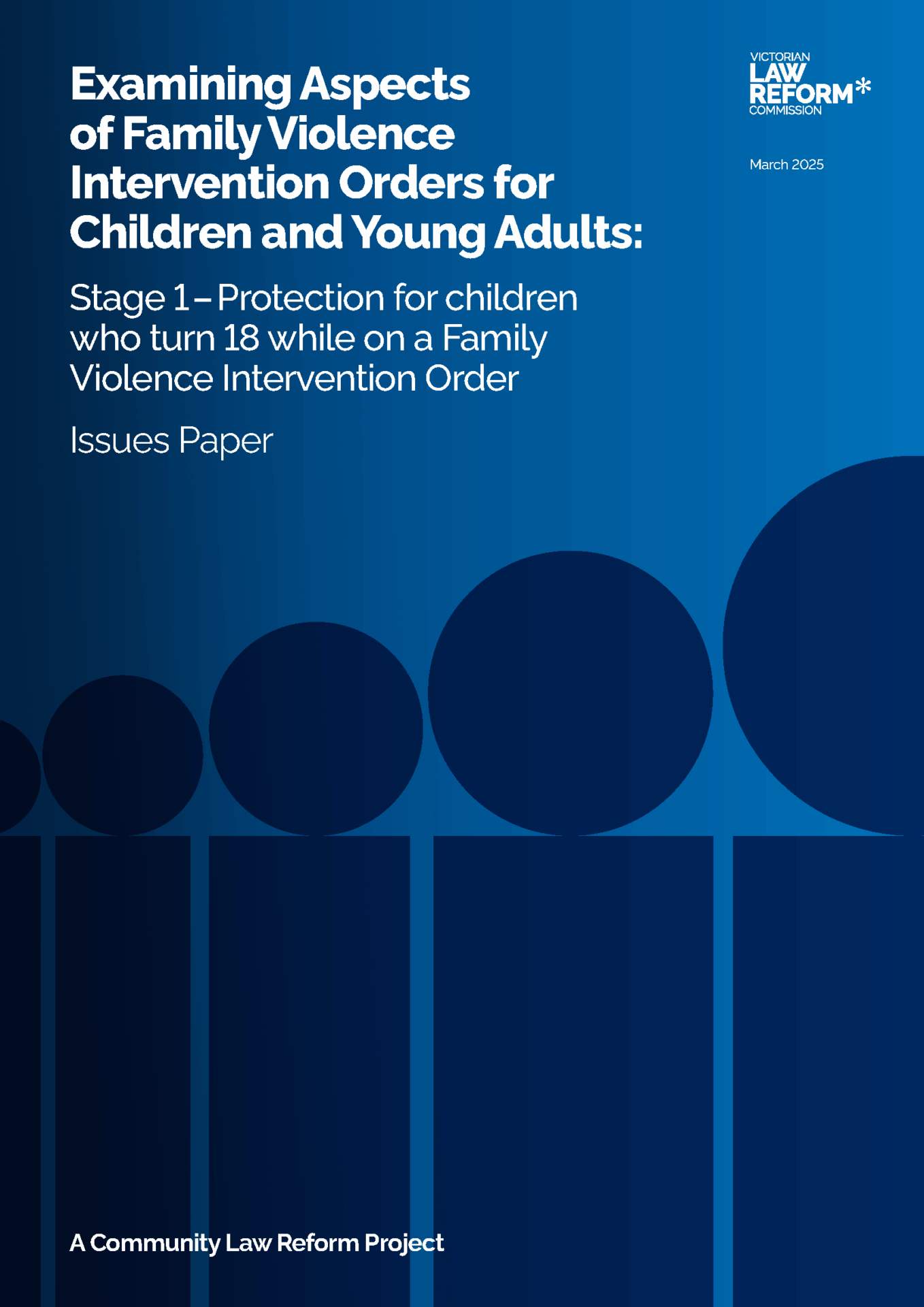Welcome to the Victorian Law Reform Commission
The Victorian Law Reform Commission is the central agency for law reform in Victoria. It is a statutory authority, established under the Victorian Law Reform Commission Act 2000. The Commission makes a significant contribution to developing a fair, just and inclusive legal system for all Victorians. The Commission consults with the community and advises the Attorney-General on how to improve and update Victorian laws.
The Commission’s major responsibility is to examine, report and make recommendations on issues that the Attorney-General refers to it. It also has the power to recommend reforms to relatively minor legal issues of general community concern without a reference.
|
|





